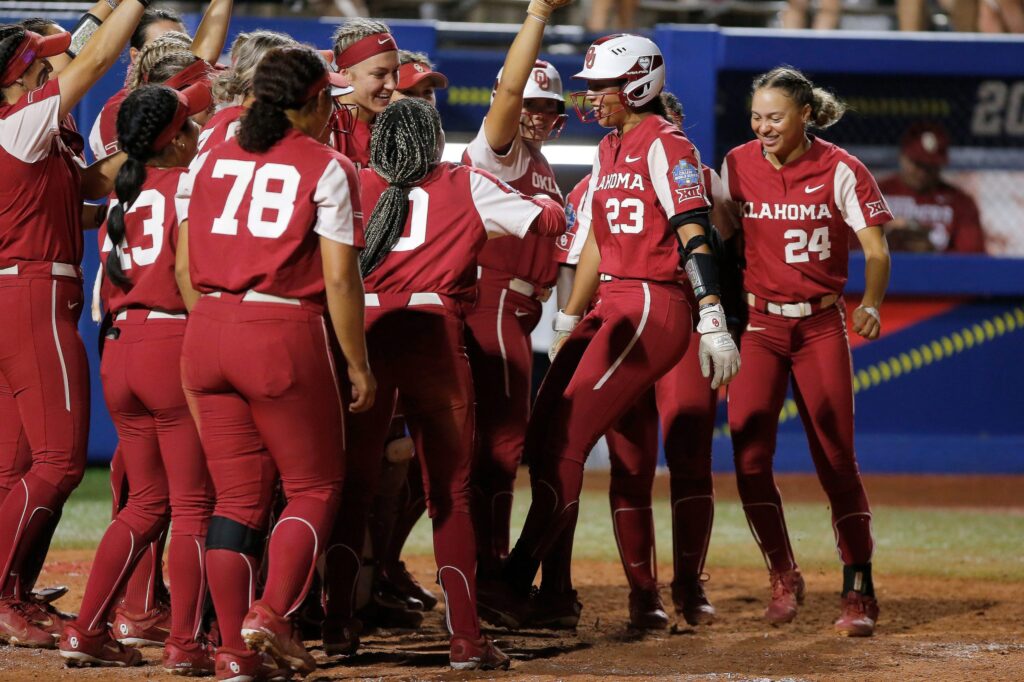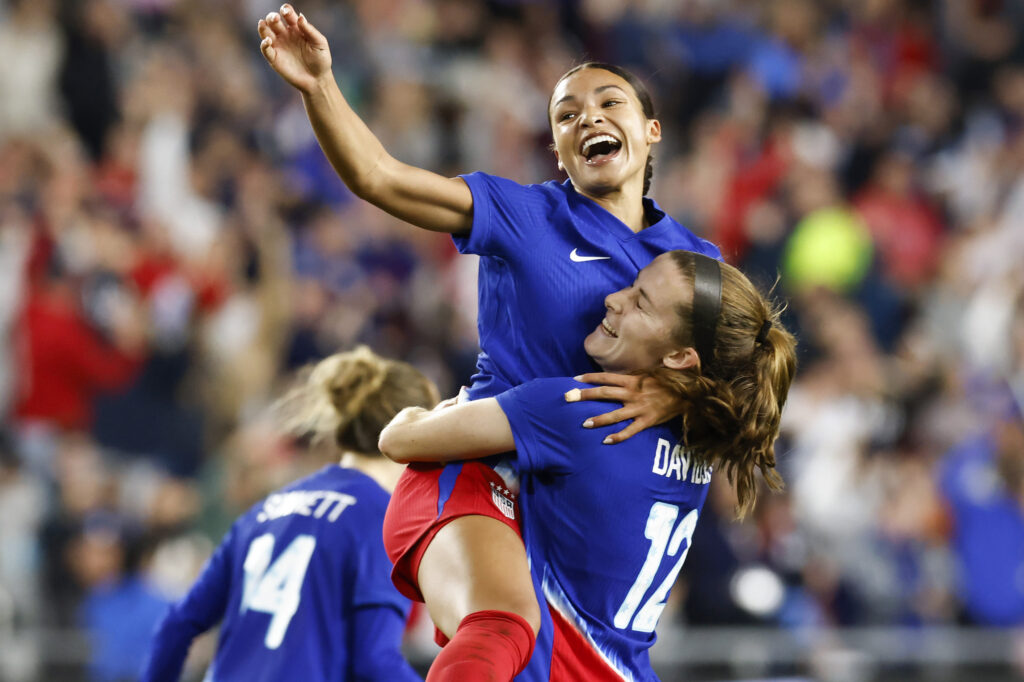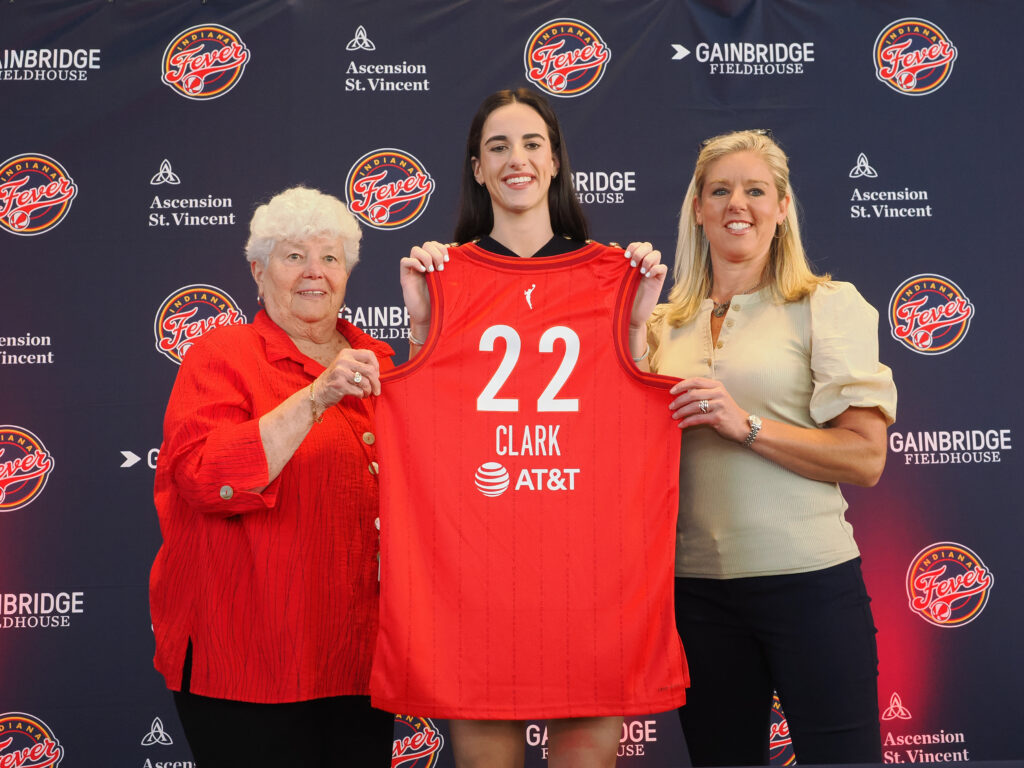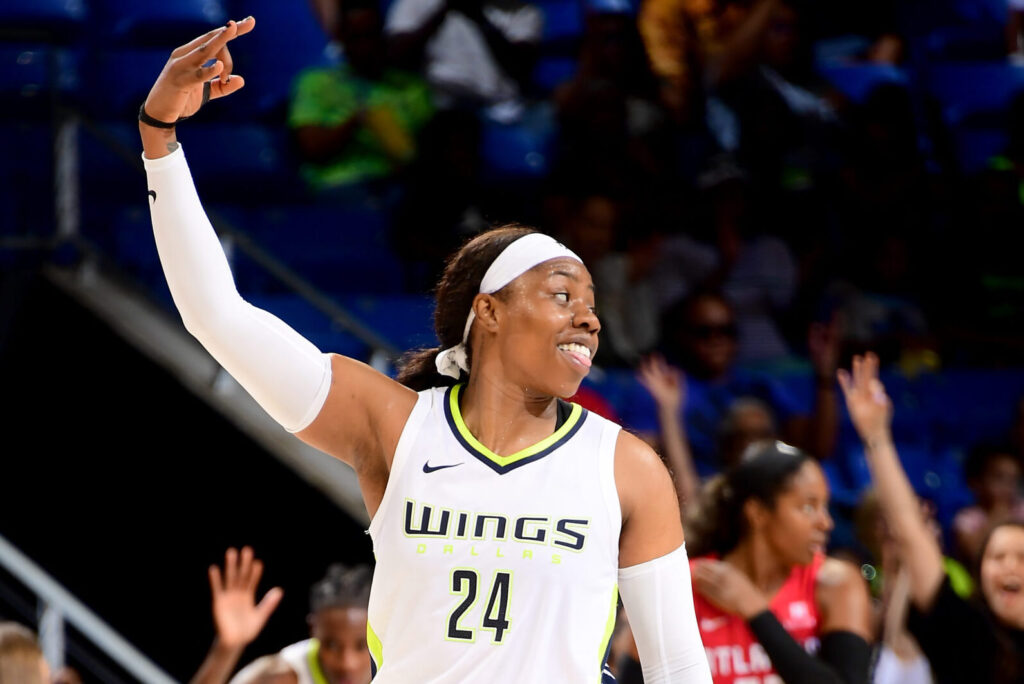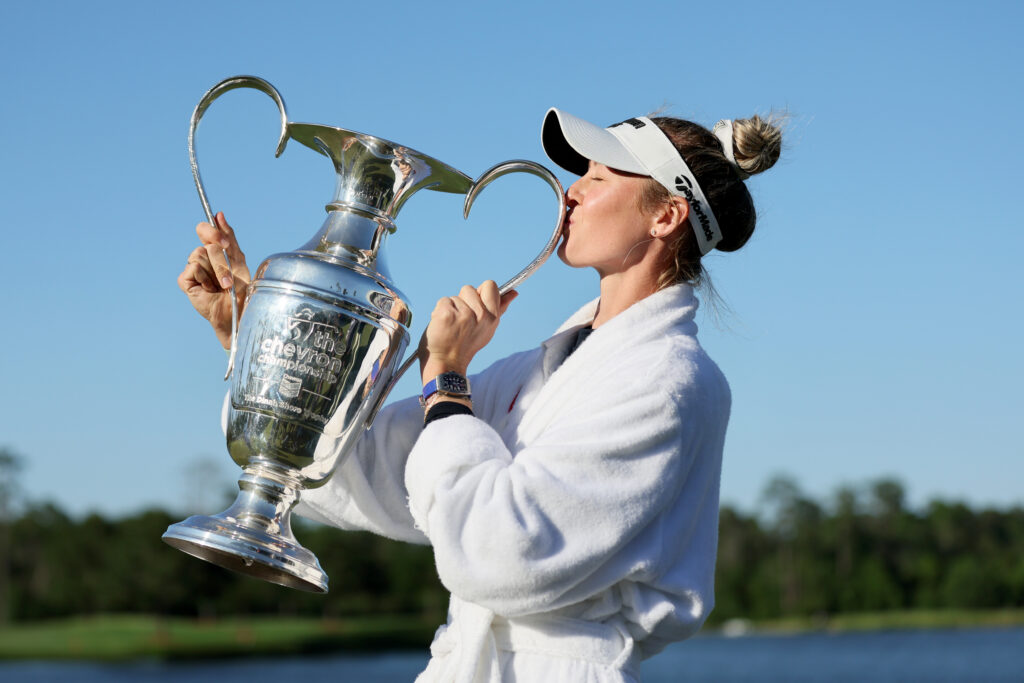The Supreme Court’s June decision to overturn Roe v. Wade could have serious effects on women’s college athletes. The elite NCAA women’s sports programs are disproportionately located in states with abortion bands, the Washington Post has found.
The NCAA has a manual that outlines how to proceed if a student-athlete becomes pregnant, according to the Washington Post. Following multiple positive pregnancy tests, a flowchart dictates that a “decision-making team” should be assembled to help the athlete make a choice: “elect to carry” and return six to eight weeks after giving birth, or “elect to abort” and “return to sport.”
The reversal of Roe v. Wade, though, has led to abortion bans in 20 states and counting, limiting the options available to athletes.
“No one’s talking about this yet, but it has the potential to be a real issue,” Jacquie Joseph, assistant athletic director and former softball coach at Michigan State, told the Post. “We’re going to get there come this fall.”
In Michigan, an abortion ban has been blocked by the state’s court.
Of the top 25 NCAA softball programs, 14 are located in states where abortion is banned or mostly banned. For track and field, the number is 13; for swimming and track, 12; for basketball, 11.
The top-ranked softball, gymnastics, basketball and volleyball teams in the NCAA all are located in states with abortion bans. In volleyball, just one of the top 10 programs from last season is located in a state where abortion is legal and likely to be protected.
“We’re intimately involved in [athletes’] health decisions,” said a top athletic department official at a Division I school in a state with an abortion ban. The official spoke on the condition of anonymity for fear of professional repercussions.
“It’s not like we make the decision, but we know about it. As an administrator, coach, athletic trainer — athletes have to disclose pregnancy because it’s going to impact their participation. These conversations could come up, will come up, and there’s nothing I can say to them.”
While the NCAA discourages athletic departments from requiring athletes to disclose their pregnancies, it recommends that departments create an environment that “encourages” athletes to do so voluntarily. Athletic officials also are permitted to report to team doctors or other university representatives should they suspect an athlete is pregnant.
In a statement to the Washington Post, the NCAA said that it “continues to evaluate the potential impact” of the Supreme Court’s decision.
“The implementation of student-athlete healthcare takes place at the local level, therefore each school should develop policies that support its student-athletes while complying with both state and federal laws,” they said.
Some athletic departments haven’t addressed the issue. Others are concerned about the fact that national championships will be held in states with abortion bans, including the next four Women’s Final Fours. The Women’s College World Series is held annually in Oklahoma City, while women’s gymnastics has been held in Fort Worth since 2019.
Some athletic department officials believe abortion rights could begin to affect recruiting.
“In terms of recruiting, I think it absolutely will make a difference,” said the athletic department official from a state with an abortion ban.
“The general student body here has enough money to get out of state if they need to,” she continued, speaking of her private university. “Our student-athletes don’t necessarily have that money. If they’re not thinking about it, they should be.”
